A version of this post first appeared on October 11, 2012.
They all happened in Chicago and, in one way or another, they all changed the way people looked at television. In chronological order, here’s my list of 10 pivotal events in the annals of American television that took place here.
Click on the arrows to advance the photos:

1. Garroway at Large (April 16, 1949) Four months after NBC began television operations in Chicago, Dave Garroway launched an experimental musical variety show that came to define the Chicago School of Television. By 1952, the network tapped Garroway as the first host of its brand new “Today” show.
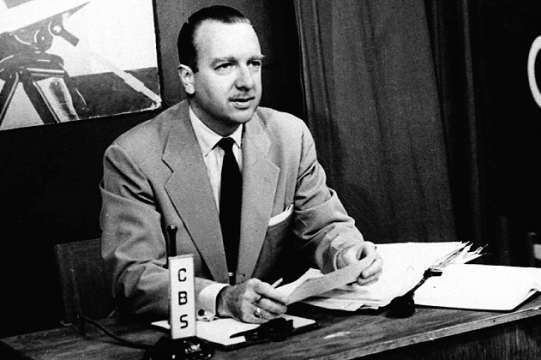
2. The original anchorman (July 7, 1952) For its coverage of the 1952 Republican National Convention at Chicago’s International Amphitheatre, CBS had to come up with a new word to describe the role of its master of ceremonies, a 35-year-old newsman named Walter Cronkite. Borrowing a term from relay racing, the network dubbed him “anchorman.”
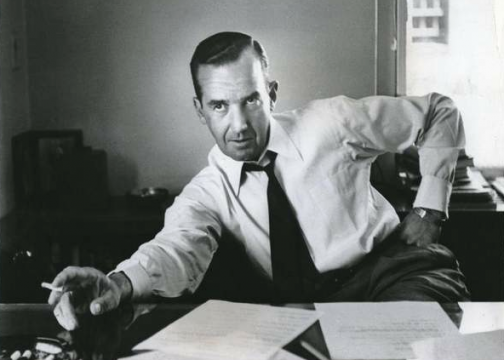
3. “Wires and lights in a box” (October 15, 1958) The only non-televised event on this list was Edward R. Murrow’s prophetic address about TV, delivered to a convention of news directors at the Sheraton-Blackstone Hotel: “This instrument can teach, it can illuminate; yes, and it can even inspire. But it can do so only to the extent that humans are determined to use it to those ends. Otherwise it is merely wires and lights in a box.”
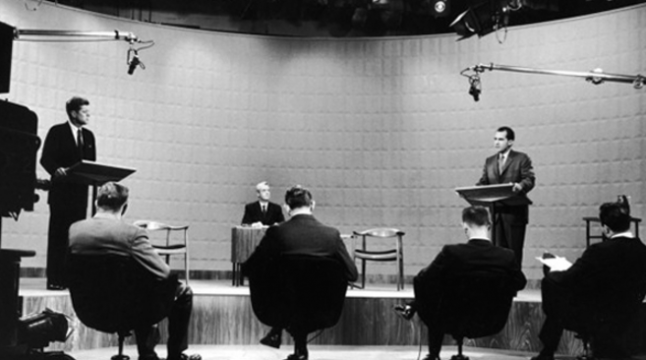
4. The Great Debate (September 26, 1960) People who heard it on radio judged Richard M. Nixon the winner over John F. Kennedy. But the 70 million viewers who watched it on TV that night saw it differently. According to many historians, the presidential election of 1960 was decided then and there in the old McClurg Court studios of WBBM-TV.
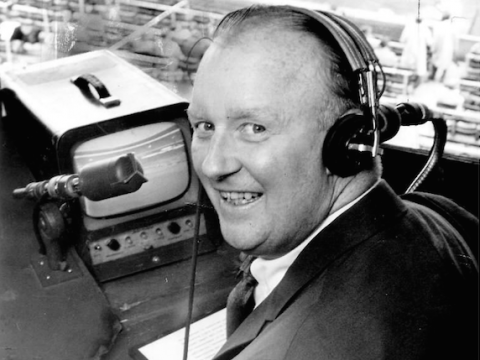
5. The first satellite (July 23, 1962) Telstar, the first commercial communications satellite to orbit the earth and relay television pictures through space, featured a segment of a WGN-TV Phillies-Cubs game from Wrigley Field. It was the first time many Europeans saw baseball or heard Jack Brickhouse.
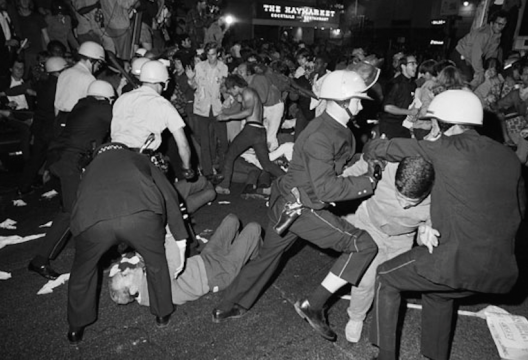
6. “The whole world is watching” (August 28, 1968) The chant by anti-war protesters came true when network cameras captured Chicago police beating demonstrators and bystanders outside the Conrad Hilton Hotel during the 1968 Democratic National Convention.
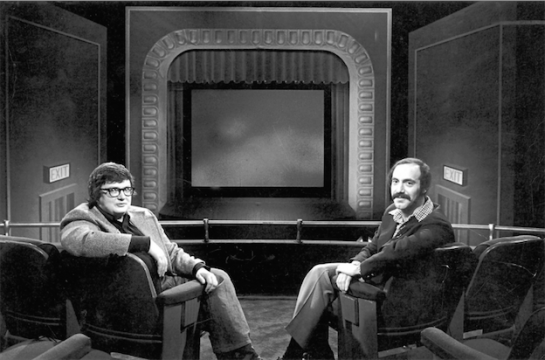
7. Opening Soon at a Theater Near You (September 4, 1975) Ambitions were modest when a couple of Chicago newspapermen sat before WTTW-TV cameras to host a local public TV show about the movies. Two thumbs up later, Roger Ebert and Gene Siskel elevated film criticism to a national pastime and became the most powerful and famous critics in America.
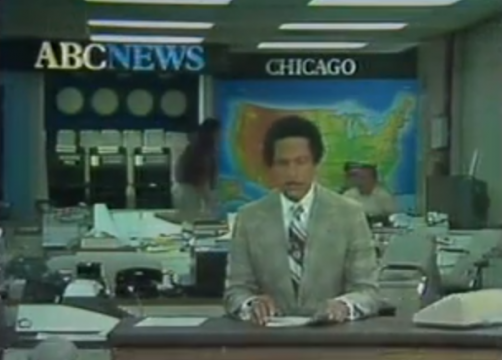
8. World News Tonight (July 10, 1978) Max Robinson became the first African-American to anchor a weeknight network news broadcast when ABC News installed him in Chicago as part of a triumvirate with Frank Reynolds in Washington and Peter Jennings in London.
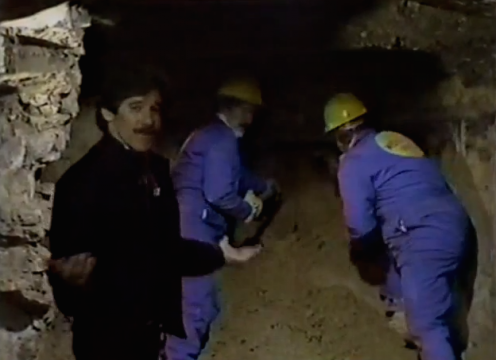
9. Al Capone’s Vault (April 21, 1986) Geraldo Rivera hosted a live, two-hour special that promised to unearth treasures hidden under the Lexington Hotel, once the South Side headquarters of Al Capone. Although Rivera found nothing but debris, the Tribune Entertainment syndicated special drew a record 30 million viewers and ushered in a new genre of programming.
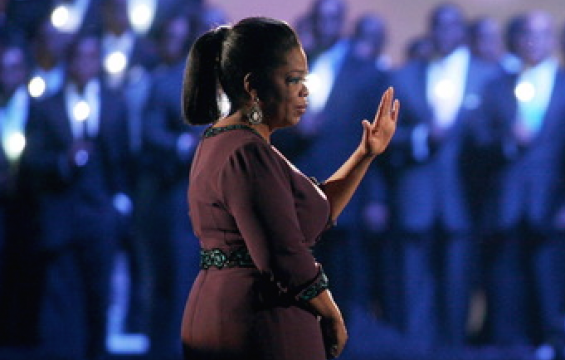
10. Oprah’s farewell (May 17, 2011) After 25 years of unparalleled success as the queen of television, Oprah Winfrey reigned over a gargantuan gathering of stars at the United Center the likes of which will never, ever be seen again.

